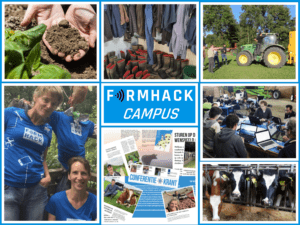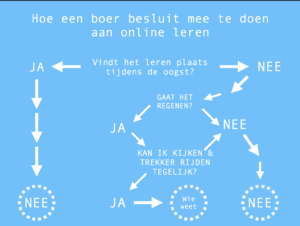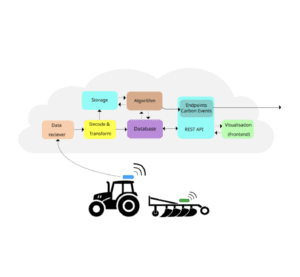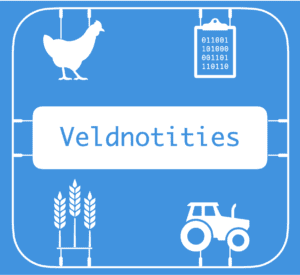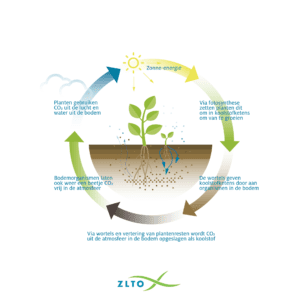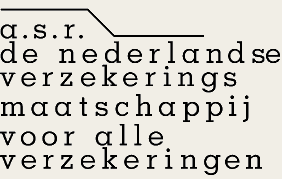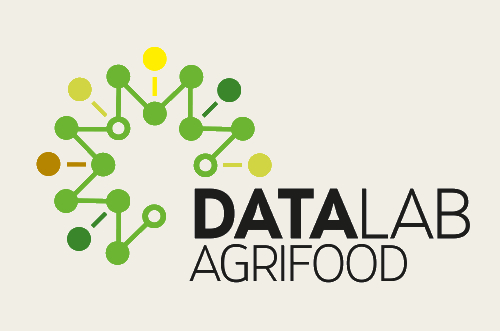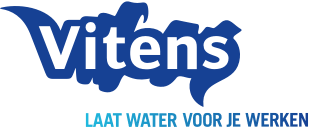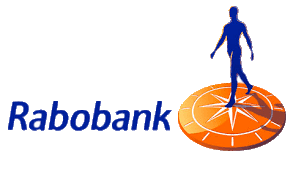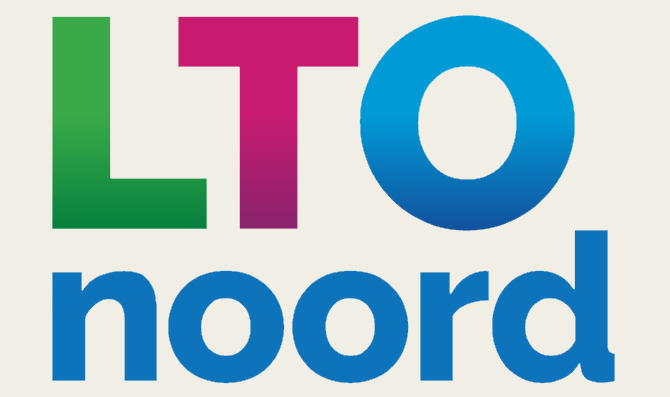
Door Anne Bruinsma
Challenges Short Supply Chain Hackathon
Coming up!! The Short Value Chains hackathon Food Valley on the 15th and 16th of March! The broad ambition is to make the Food Valley the ‘Silicon Valley for Food and agriculture’. A coalition of regional partners have joined forces to work on and showcase the possibilities of short supply chains, ecosystem services and other models for value creation. The hackathon is part of this lager ambition.
Read up on the challenges we are preparing for the hackathon, and sign up, you still have a few days before the deadline!
Land mobility: information on tenure rights
This challenge will focus on possibilities to increase land mobility. Underlying questions: Where do you get the information on agricultural land for sale? Or where to find land for hire? What usage possibilities rest on particular parcels? It partly relates to (private/commercial) sensitive data. Can we come up with a farmer-farmer sharing tool that deals with these sensitivities but does allow for better information sharing?
Challenger: IJsbrand Snoeij, in partnership with a municipality. Data: open data, kadaster data.
Demand driven cultivation plan
The “Herenboerderij” is a small farming cooperative, owned by approximately 200 families (“Herenboeren”). Together they decide what to eat and what the farm shall produce. The farmer, who is employed by the cooperative, grows a dozen types of fruits and vegetables and looks after the farm animals that produces meat and eggs. Their challenge is about making their cultivation plan demand driven.
For the farmer, the entire growing season the rotation plan is a huge puzzle. Too often there is a mismatch between supply and demand. Their plan is 1 in 8, while offering their members 5 types of vegetables every week. Currently they develop their cultivation plan by looking at the physical conditions of an area. They have a spreadsheet, with 60 types of crops. A demand driven cultivation plan is a challenge now, but could be a unique selling point for all short-chain farmers!
Challenger: Herenboeren, Tools: Fiware, AgroSense en AgSquared
Shared Services
This challenge revolves around the idea that for any single short supply chain initiative by itself, a digital strategy easily becomes too big, too costly and too complex. Can we solve this by more collaboration? Shared services when it comes to IT commodities? We will deep dive initiative from Brabant, “Online Food Brabant”, where they already have two years of experience in this type of collaboration, involving a data cooperation of primary producers, a data warehouse, and the ambition to enable new innovative links in the chain and chain collaboration. During the hackathon, we dive into the possibilities of this service (as a shared service) and develop opportunities for further use and further development with local and other interested parties (Hallo Boer, De Zwolse stadsranden).
Challenger: Theo Thewessen, Tool: https://onlinefoodbrabant.com/
Logistics
This challenge is supported by Eetvallei, b2c and b2b supplier of fresh, healthy and honest local products from the Gelderse Vallei. Over the past 3 years, they have gained experience in supplying regional products to consumers, farm shops and a number of caterers. Some bottlenecks they encountered:
- for part of the farmers’ available range there is a gap between the state of the finished product and the convenience of the consumer when making the meal
- the idealists have found their way to this type of product, but the benevolent (large group that comes after it) still need some steps to permanently change their buying behavior.
- in the Netherlands we live with a very cheap food culture. As a rule, people do their shopping as cheaply as possible in order to save as much money as possible for other (fun) things. While un-fortified food is really better for health and the environment.
The next step is to continue to influence consumers’ food awareness and find last mile solutions for consumers and smart micro-distribution. How do you connect farmer production in a (cost) efficient way to the consumer’s convenience experience (in availability and processing in the kitchen) so that this is a revenue model for all those involved in the chain?
Can we help Eetvallei to organize the transport of regional products in a smart way and to coordinate with consumer movements? How can cooperation between several existing initiatives achieve the growth objective of the short chain in a more efficient way? And what distinctive role can Eetvallei play in this?
Challenger: Vincent Mosch
Ecosystemservices
This challenge is in collaboration with HERBee (the winner of the Rewarding Nature hackathon). They are partnering with organisations such as the ministry of LNV, RVO and WNF. During the hackathon they want to explore how HERBee can make use of for example the agro data cube and join data.
Kansenkaart Food Valley
The kansenkaart (‘opportunity map’) is an existing prototype developed by Boerenverstand. It integrates general soil, water and landscape data with farm specific data like mineral status and soil quality data. The farmer is offered an overview of his farm, and advice on what agricultural operations to practice where. In this hackathon the challenge is whether we can include data from the policy field. This way you would be able to see where a municipality or water authority is planning what, and which policy instruments are available.
Challenger: representative Boerenverstand. Data: open data, kadaster data, municipality policy data.

The kansenkaart at dairy Research farm de Marke.
Do you want to join in the hackathon? There only a few places left! Register here
for info on data: check our forum (in Dutch)


